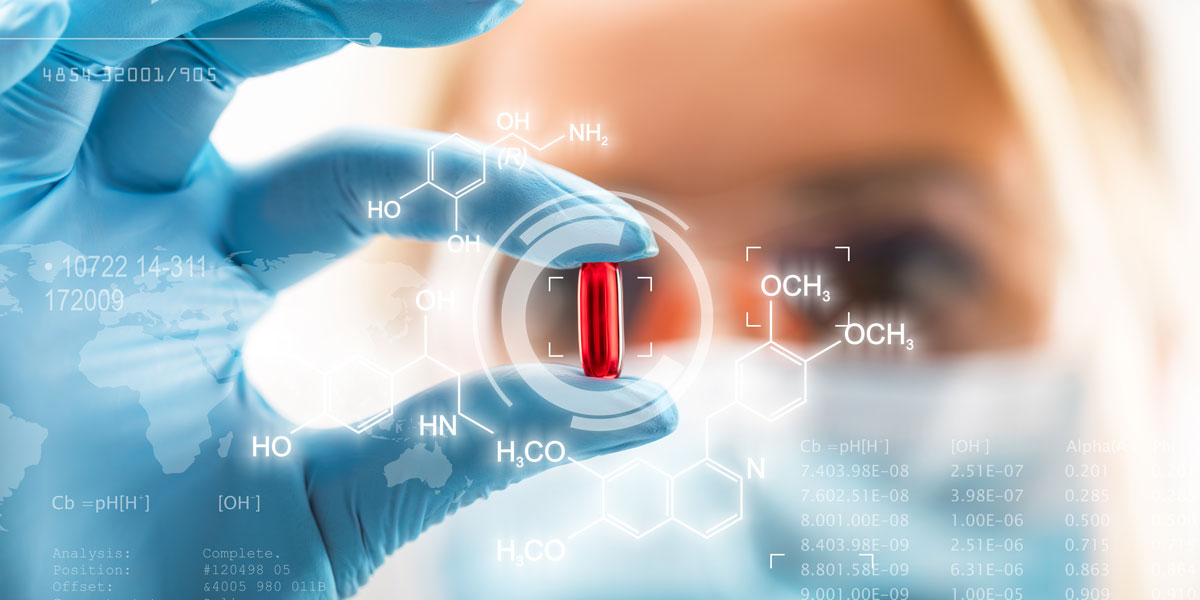Medicinal Chemistry: The Modern Drug Discovery Process by Erland Stevens. Emphasizing applications of chemistry while reinforcing theory—especially in the areas of organic and physical chemistry—this new text prepares students for career success in the pharmaceutical, medical, and biotech industries. Medicinal chemistry, also called therapeutic chemistry, pharmaceutical chemistry, pharmacochemistry, and chemical pharmacy is that field of pharmaceutical sciences which applies the principles of chemistry and biology to the creation of knowledge leading to the introduction of new therapeutic agents.
- Practical aspects of ‘Medicinal Chemistry’. In ‘Advanced Practical Medicinal Chemistry’, an attempt has been made to stress the much needed requirement of both undergraduate and graduate students specializing in the field of Pharmaceutical Chemistry to learn how to synthesize ‘ drugs’ in the laboratory.
- Medicinal Chemistry Research (MCRE) publishes papers on a wide range of topics, favoring research with significant, new, and up-to-date information. Although the journal has a demanding peer review process, MCRE still boasts rapid publication, due in part, to the length of the submissions.
- The phospholipase A and acyltransferase (PLAAT) family of cysteine hydrolases consists of five members, which are involved in the Ca2+-independent production of N-acylphosphatidylethanolamines (NAPEs). NAPEs are lipid precursors for bioactive N-acylethanolamines (NAEs) that are involved in various physiological processes such as food intake, pain, inflammation, stress, and anxiety.

ISBN:

Size: 72.38 MB
Format: PDF, Kindle

View: 1842
Get Books
Modern Medicinal Chemistry
Modern Medicinal Chemistry by John Bodenhan Taylor, Modern Medicinal Chemistry Books available in PDF, EPUB, Mobi Format. Download Modern Medicinal Chemistry books
by John Bodenhan Taylor, Modern Medicinal Chemistry Books available in PDF, EPUB, Mobi Format. Download Modern Medicinal Chemistry booksMedicinal Chemistry Stevens Pdf Books
, This single-volume introduction to various aspects of medicinal chemistry covers a wide range of topics -- from the role of industry and governments, and legal considerations, to biopharmaceutics, pharmacokinetics and pharmacodynamics, drug metabolism, and computing and other modern techniques. Discusses physicochemical principles and drug targeting and delivery systems; the design of new medicines; and drug metabolism -- including clearance, metabolic processes, stereo selectivity, species differences, and metabolic pathways -- for some major drug categories. For practitioners and students of chemistry, pharmacy and pharmaceutical technology, biotechnologists and molecular biologists.Medicinal Chemistry Stevens Pdf Template

 : John Bodenhan Taylor
: John Bodenhan Taylor